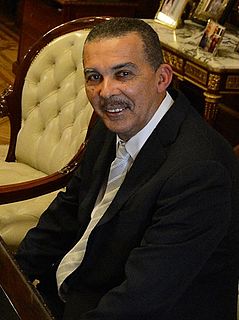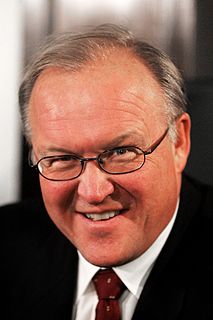A Quote by Antony Blinken
The United States took the lead in shaping the norms, rules and institutions of what became the liberal international order, including the United Nations, the international financial institutions and the Marshall Plan.
Related Quotes
Latin America was the most obedient follower of the neoliberal regime that was instituted by the United States, its allies and the international financial institutions. They followed it most rigorously. Almost everyone who's followed those rules, including the Western countries, have suffered. And in Latin America they suffered severely.
I think we're in a new era where the advancing tide is towards human unity, where people all around the world want to come together. The United States is in a position where it can lead the way towards that and it can do it in practical ways by affirming the power of the United Nations so that the international process makes decisions on international security.
It is in the interests of all of us - the United States, China and the rest of the world - to make sure that the rules of the road are upheld. These rules and norms are part of the foundation of regional stability, and they have allowed nations across the region, including China, to grow and prosper.
FinCEN directs financial institutions to file suspicious activity reports (SARs) to inform law enforcement of certain types of cyber-enabled crime. As the agency charged with protecting the United States from financial crime, FinCEN's guidance does not deem financial institutions who process such transactions to be involved in a criminal activity.
The United Nations is the preeminent institution of multilateralism. It provides a forum where sovereign states can come together to share burdens, address common problems, and seize common opportunities. The U.N. helps establish the norms that many countries - including the United States - would like everyone to live by.
The domestic power structure - how power is exercised in the United States, for instance - greatly influences the structure of international institutions. So, for example, the Clinton administration was very influential in shaping the WTO treaty, and, because of the way the US domestic political system works, this meant that corporations could use the US government to wield a huge influence.










































